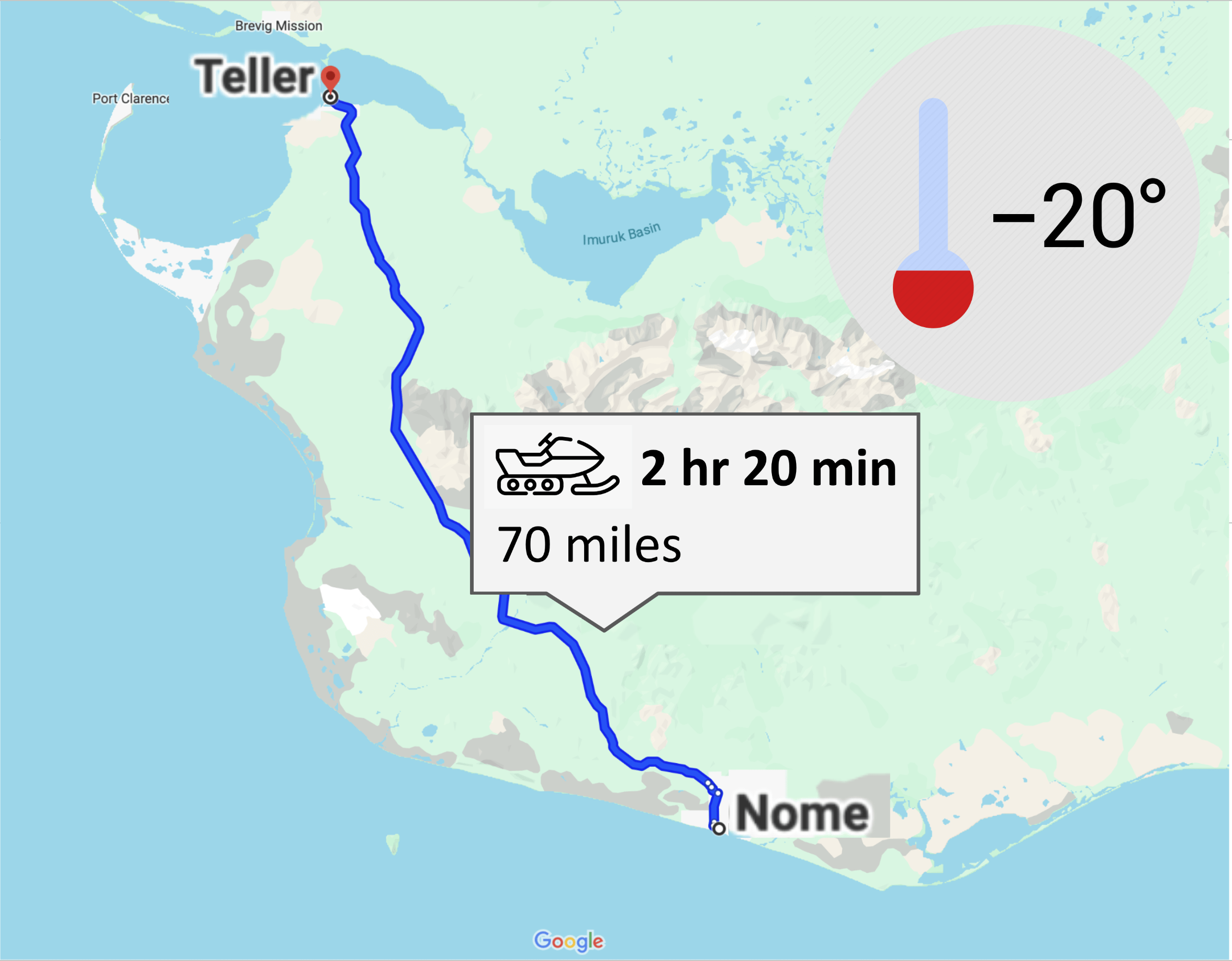Tribune Content Agency – Two snowmobilers were found dead after extreme weather delayed search efforts, Alaska officials said.
Charlene Habros, 34, and Dustin Gologergen, 55, were found dead after Alaska State Troopers received reports on Dec. 11 that they were missing after setting out from Teller to Nome.
The wind chill in Nome was 20 below 0 in the morning and stayed below 0 on Dec. 11.
Rescue teams were unable to perform ground and air searches due to weather conditions, troopers said.
Initially, the snowmobile was found, but the two were still missing, officials said.
“They were probably the strongest humans I know — warm, positive, And very well-known in the community.”
The couple was using a single snowmachine and didn’t make it to Nome, officials said.
Nome is in western Alaska about 535 miles northwest of Anchorage …
What Do Freezing-Cold Temperatures Do to Your Body?
In times of extreme cold, learn how to reduce the risk of frostbite, hypothermia, and any complications from chronic disease management.
Medically Reviewed byJustin Laube, MD on December 22, 2022
By Nicole Kwan and Claire Young
EVERYDAY HEALTH – As temperatures drop, the risk of certain health issues rises — but preparation can help you ride out the cold weather safely.
“When the windchill is below 0 degrees F, lung damage can happen in as little as 15 to 30 minutes.”
Depending on where you live, temperatures will probably plunge their lowest in December, January, or February — check out the map from the National Centers for Environmental Information to find out when you’ll likely hit the coldest day of the year in your area.
And despite America’s temperature tracking warmer by the year, you might find yourself in an area getting unexpected — and record-breaking — cold spells.
Though it might seem counterintuitive, according to a report released by the U.S. Climate Program Office, these extreme winter weather events are becoming more common because of climate change.
How can you prepare — and keep yourself and your family safe — when the temperature dips low? This detailed guide to surviving extreme cold is a good starting point.
Winter is in full swing, and while you can’t outsmart mother nature, you can prepare for her wrath. Follow these expert tips to keep you and your family safe in the face of a blizzard.
According to the Centers for Disease Control and Prevention (CDC), there isn’t a specific temperature cap for “extreme cold” and its effects because the definition depends on an area’s typical weather patterns.
For example, in regions that don’t usually experience winter weather, near-freezing temperatures are considered “extreme cold … ”



